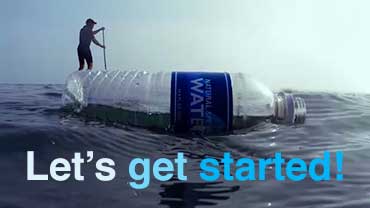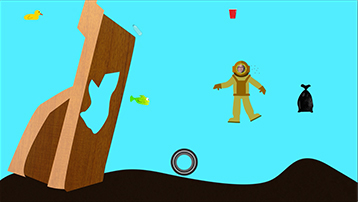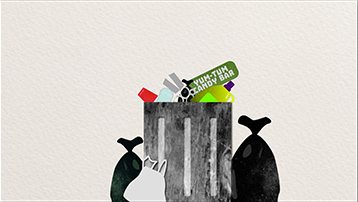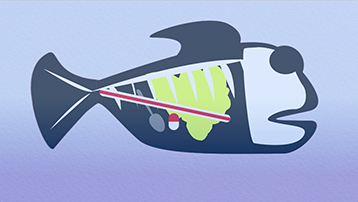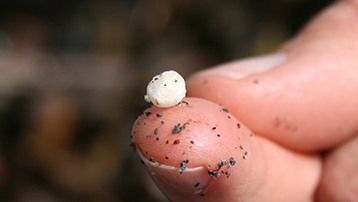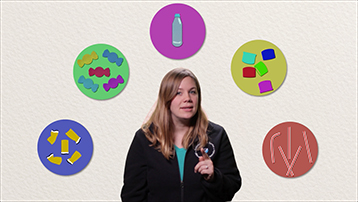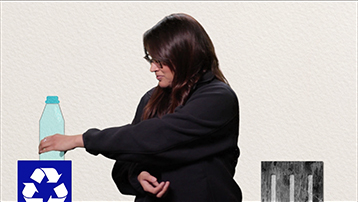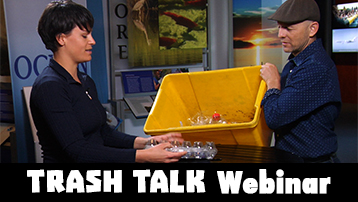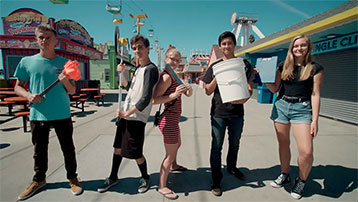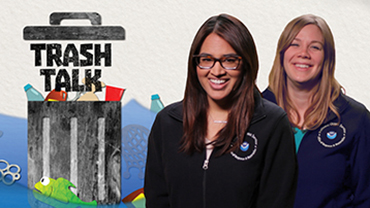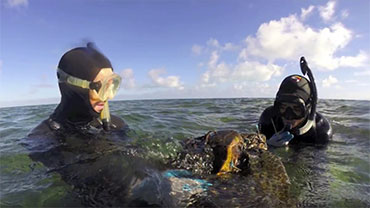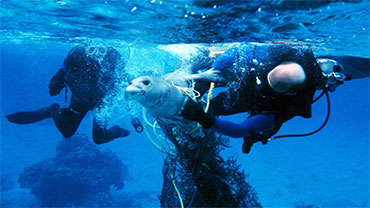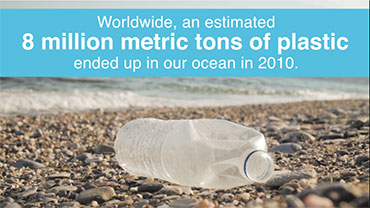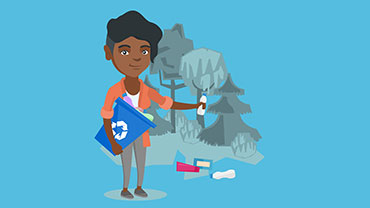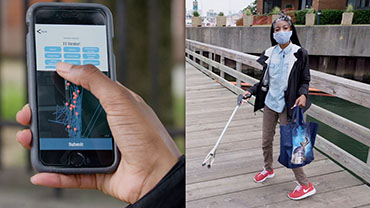Transcript
NARRATOR:
How does marine debris impact the ocean, animals, and me?
Would you want to swim at a beach littered with trash? Of course not. And the animals who live in the ocean don't either - the difference is they don't have a choice.
Marine species often get tangled in debris, from fishing nets to six-pack rings. If they get caught, they could get injured or even die. Even if they don't get entangled, many animals mistake plastic debris for food, and eat it. This fills their stomachs with junk they can't digest.
Debris can also damage important habitats, like coral reefs, by breaking or smothering them. Corals serve as the base of the marine ecosystem, and impacts here can be felt all the way to you and me. Plus, plastics have harmful chemicals in them. Fish eat plastic. We eat fish. The question is, can those chemicals harm us? Marine debris also hurts the economy. It costs a lot of money to clean up, and people don't want to go to dirty beaches. Boats and ships could run into large pieces of debris, too, or get their propellers tangled.
We need the ocean - and everything in it. And the ocean needs us to keep it free of debris.
 An official website of the United States government.
Here's how you know we're official.
An official website of the United States government.
Here's how you know we're official.

